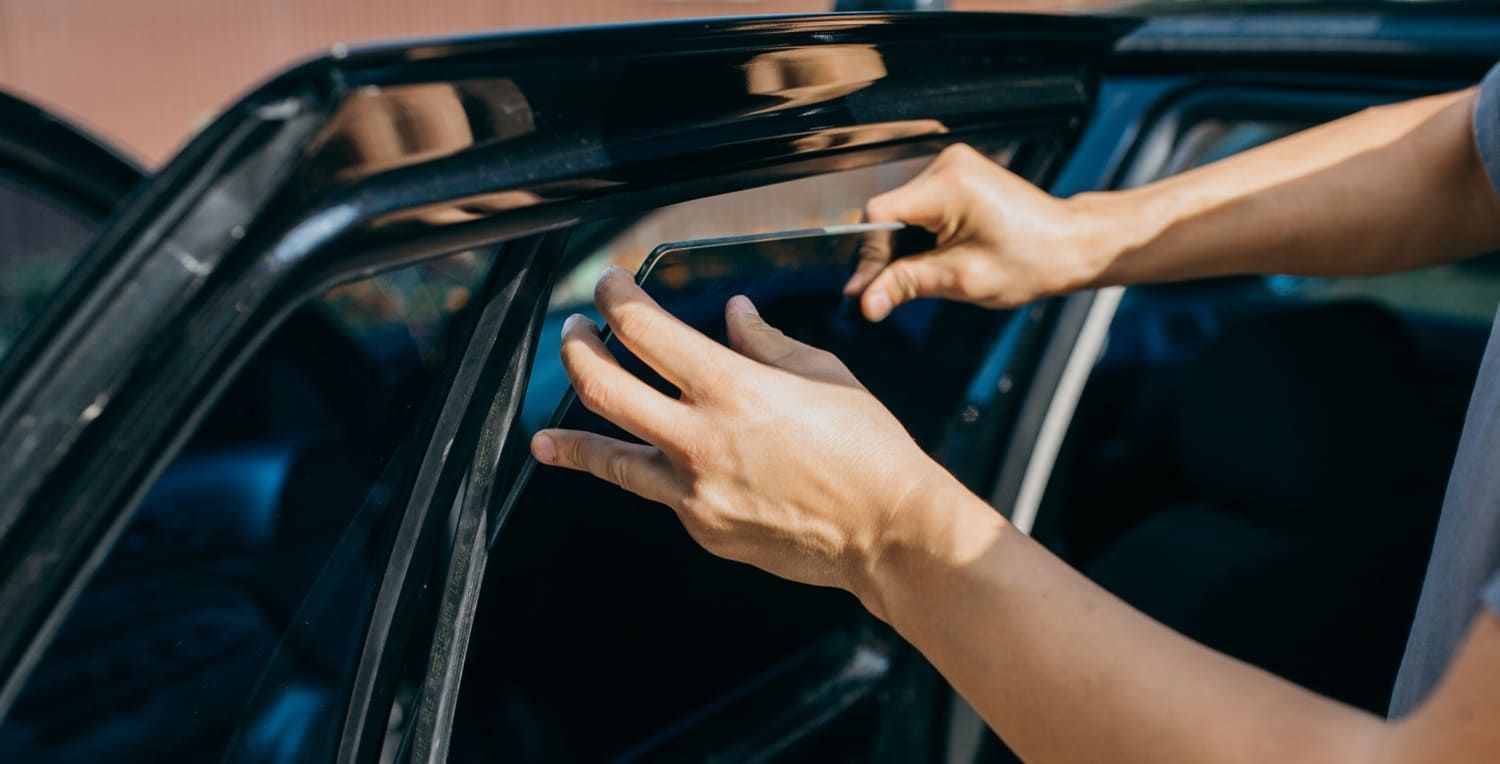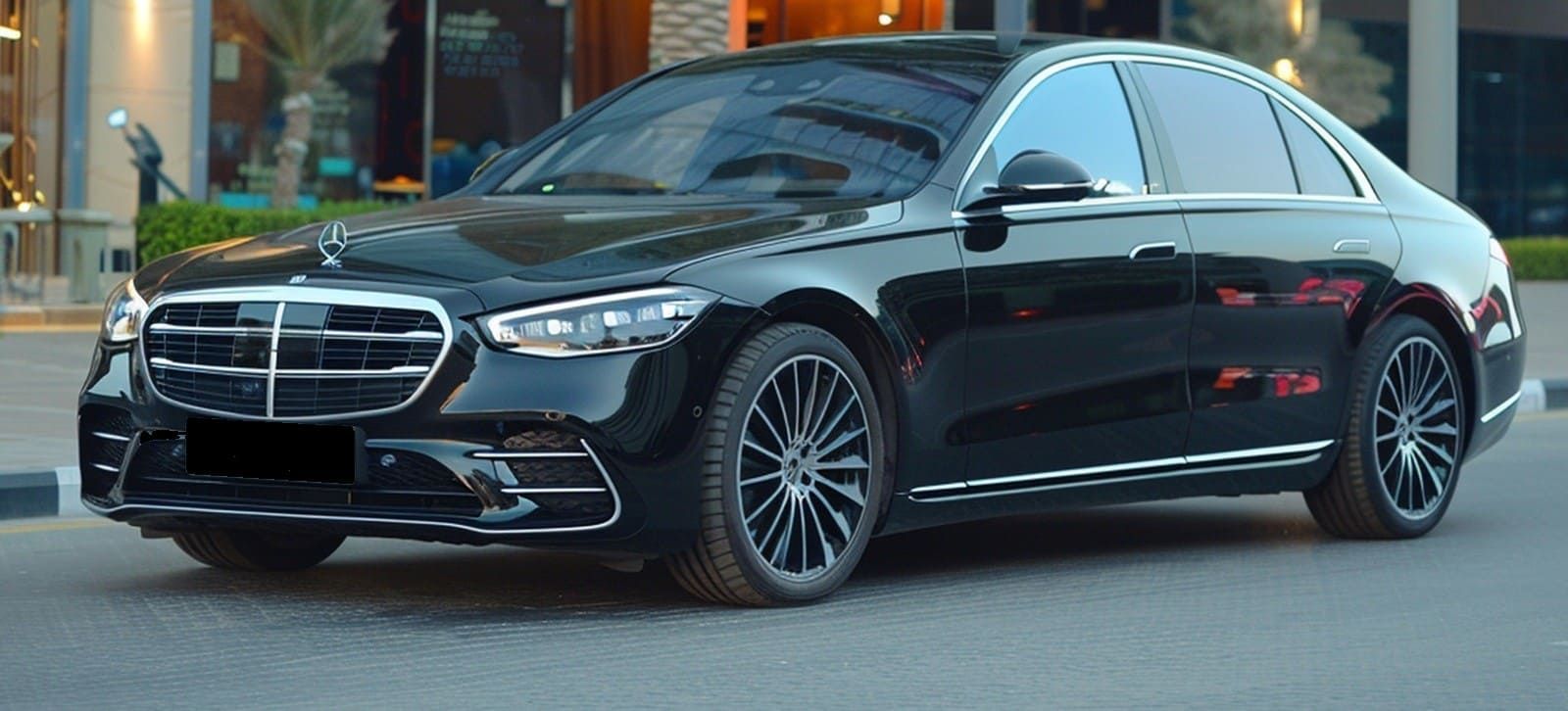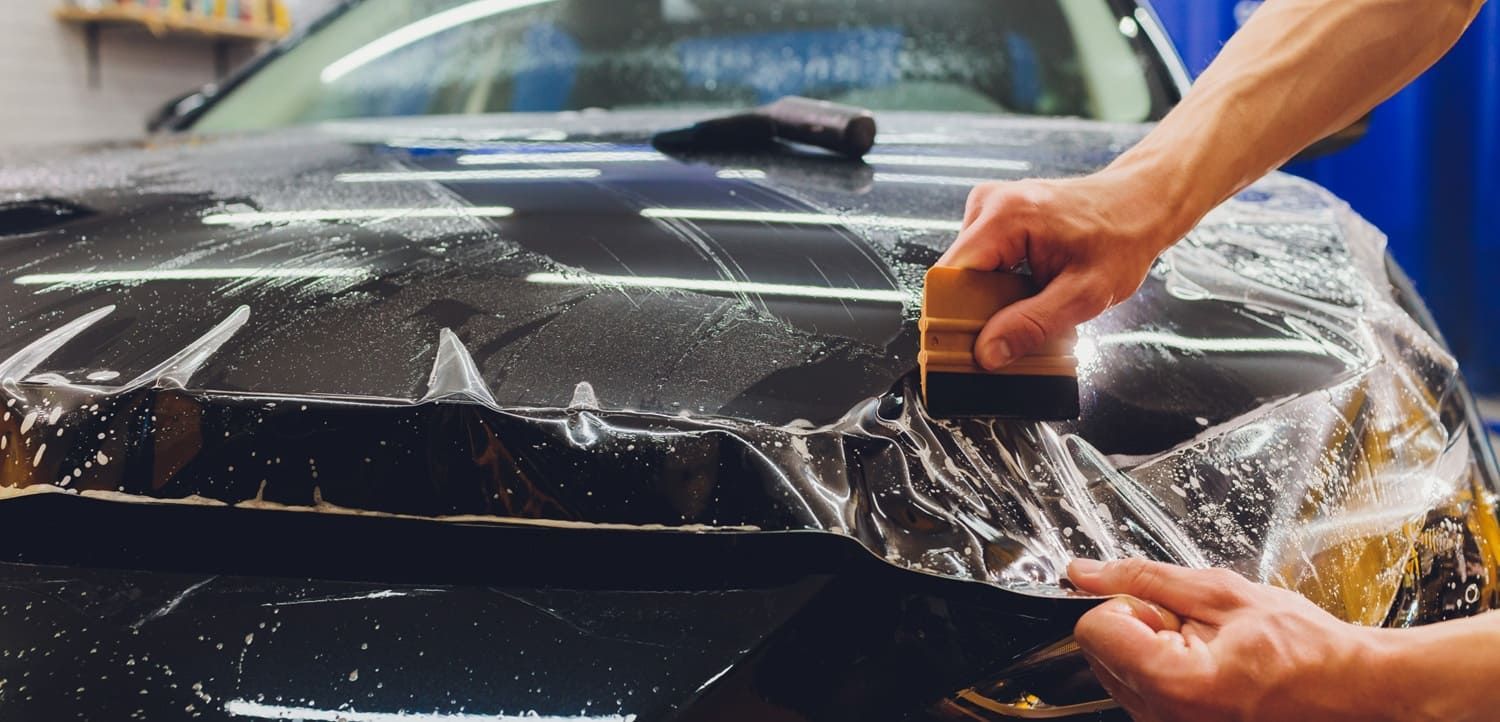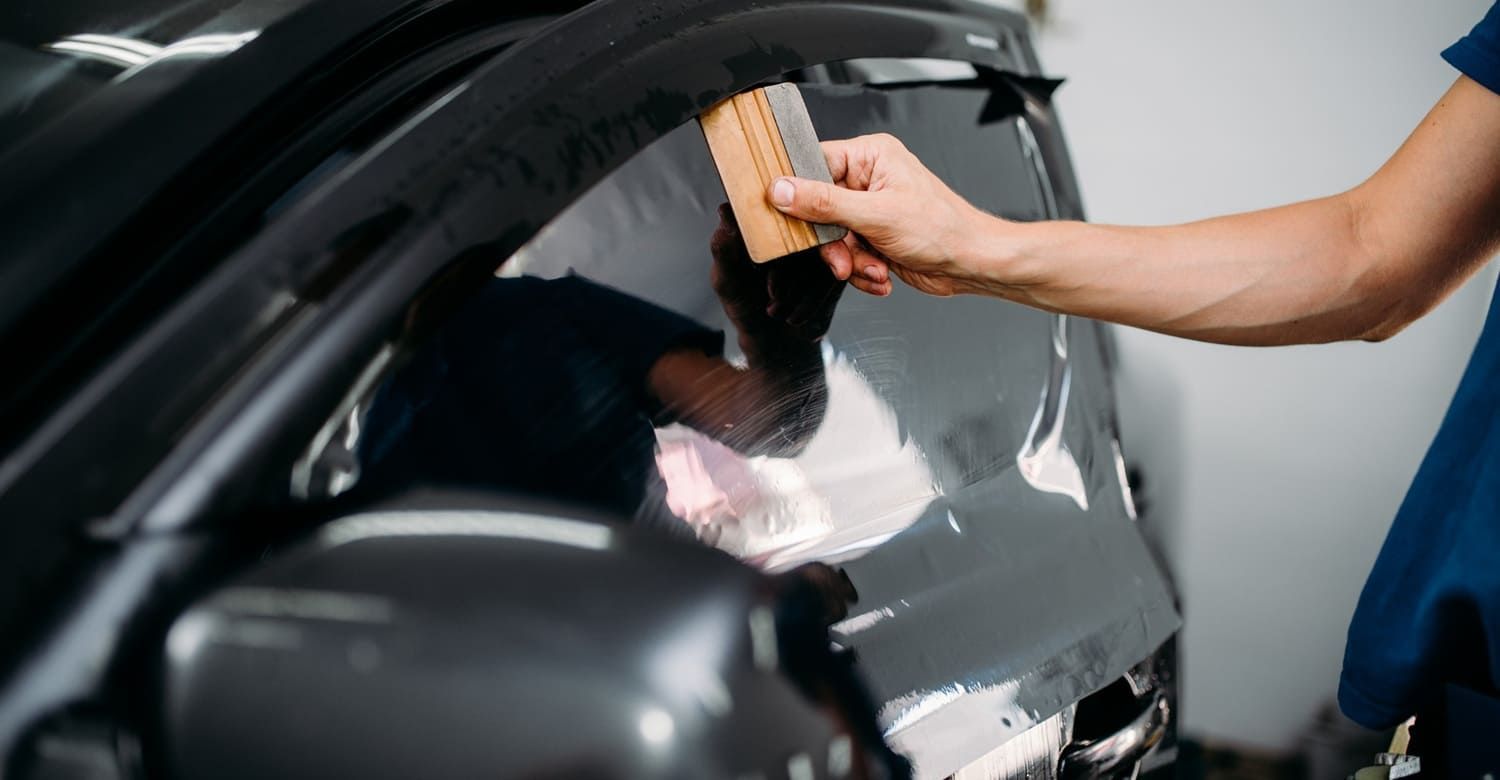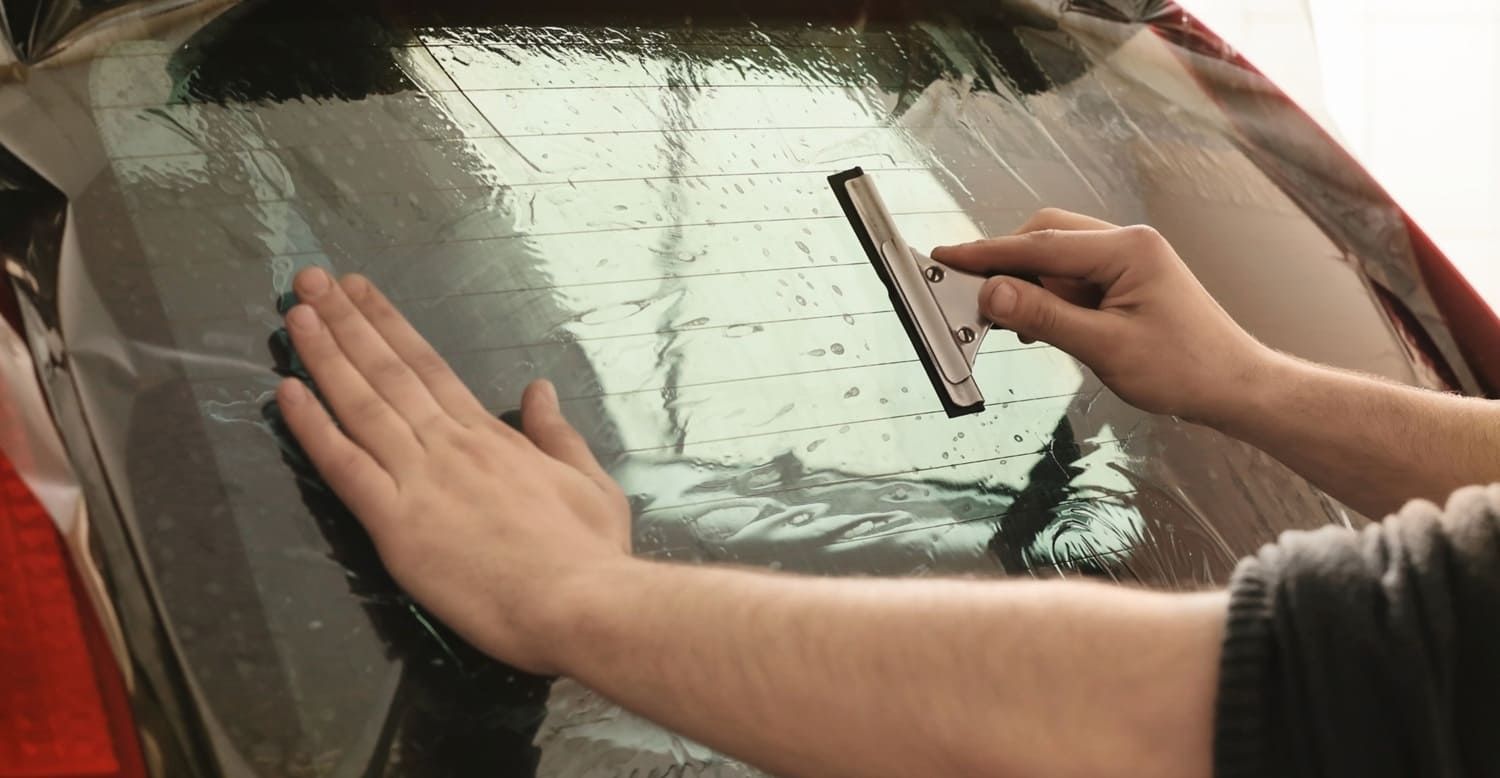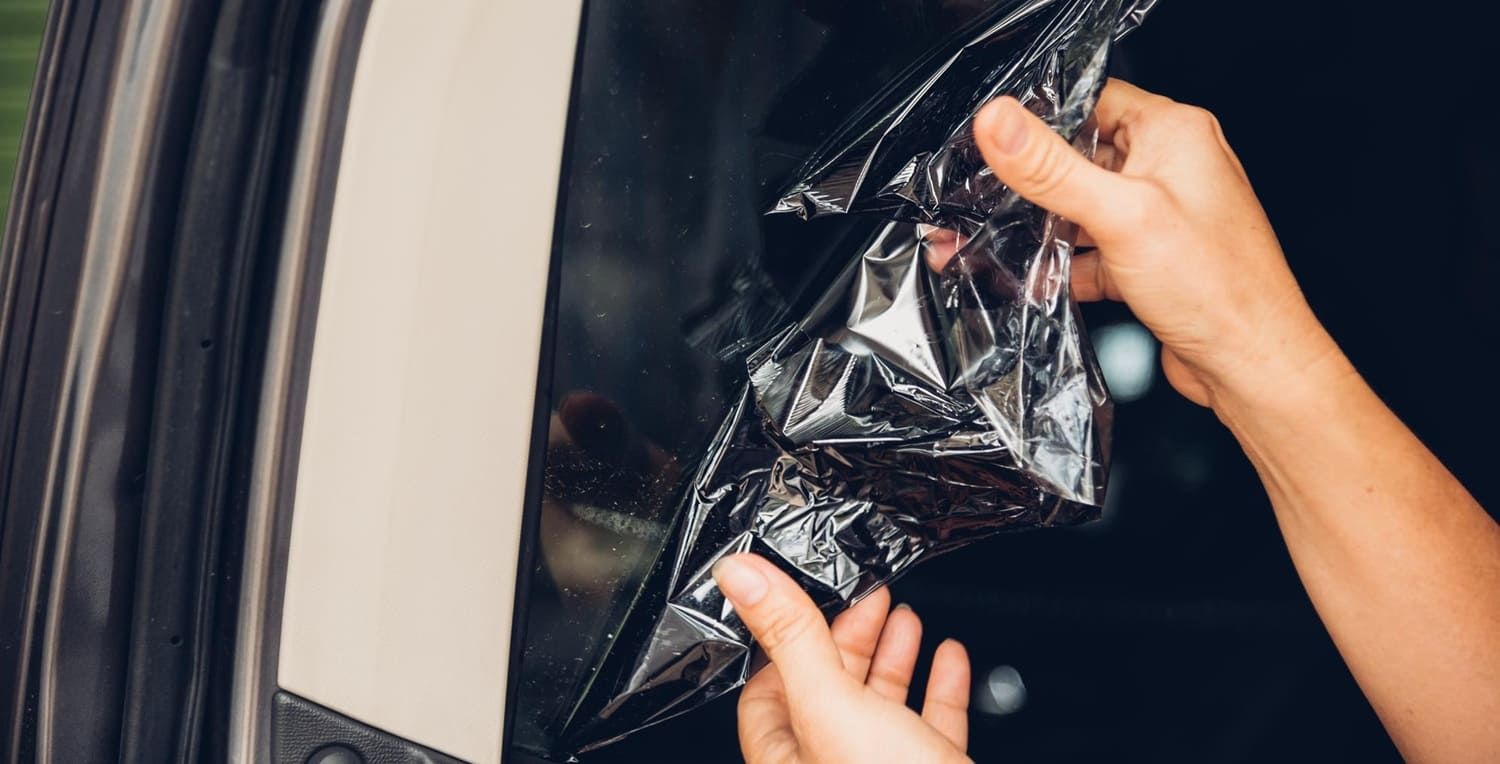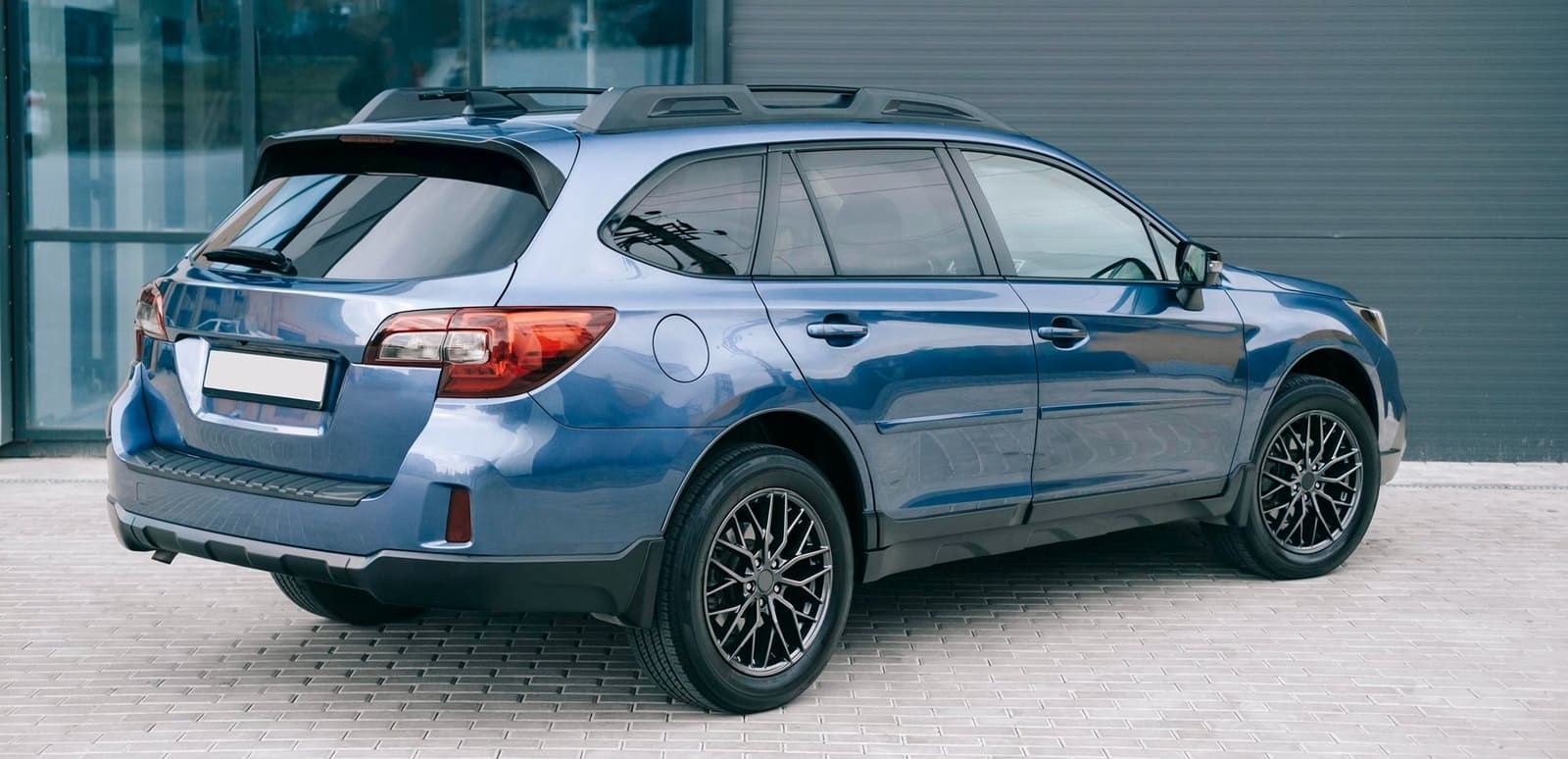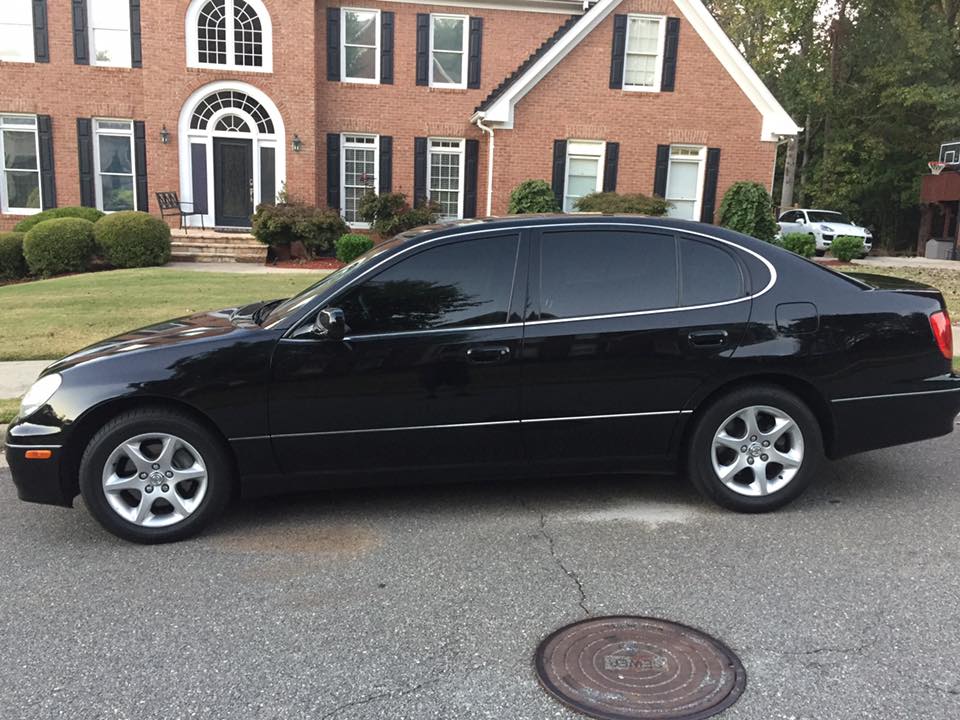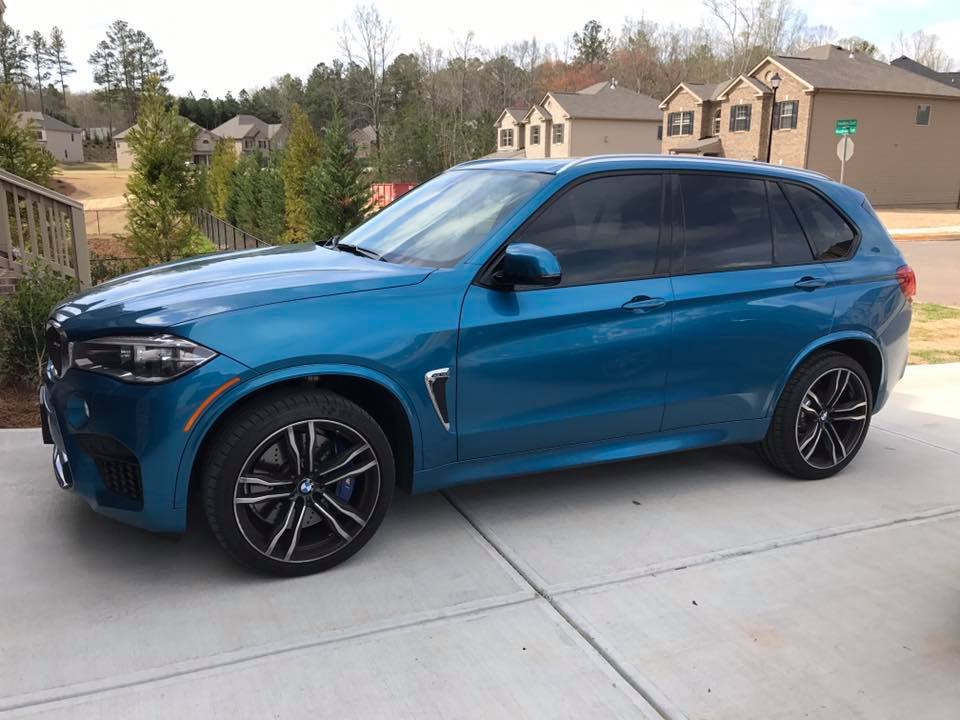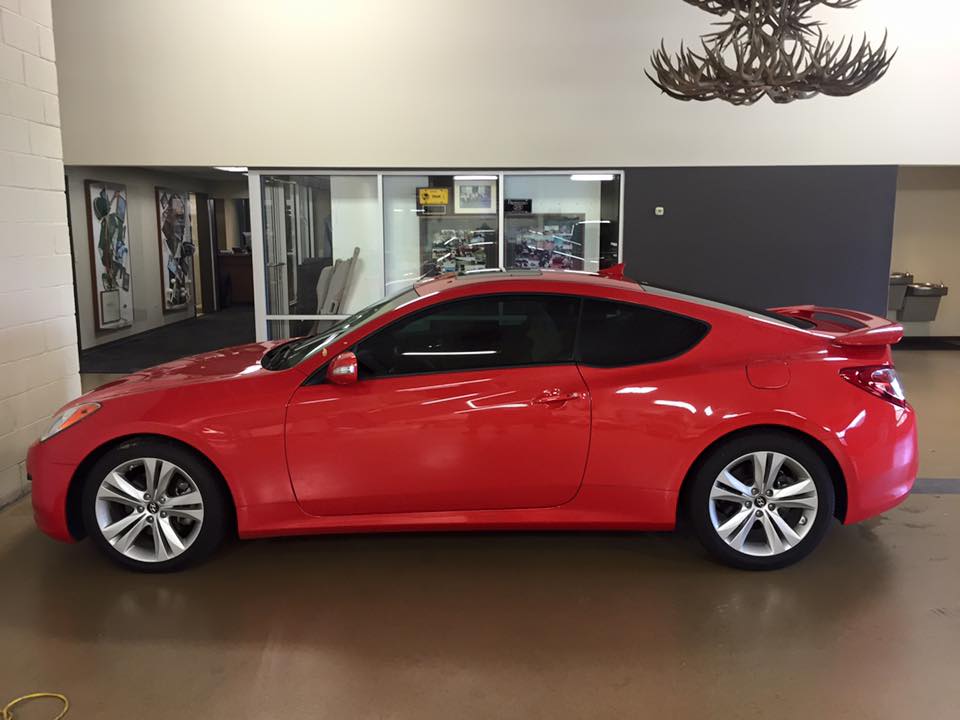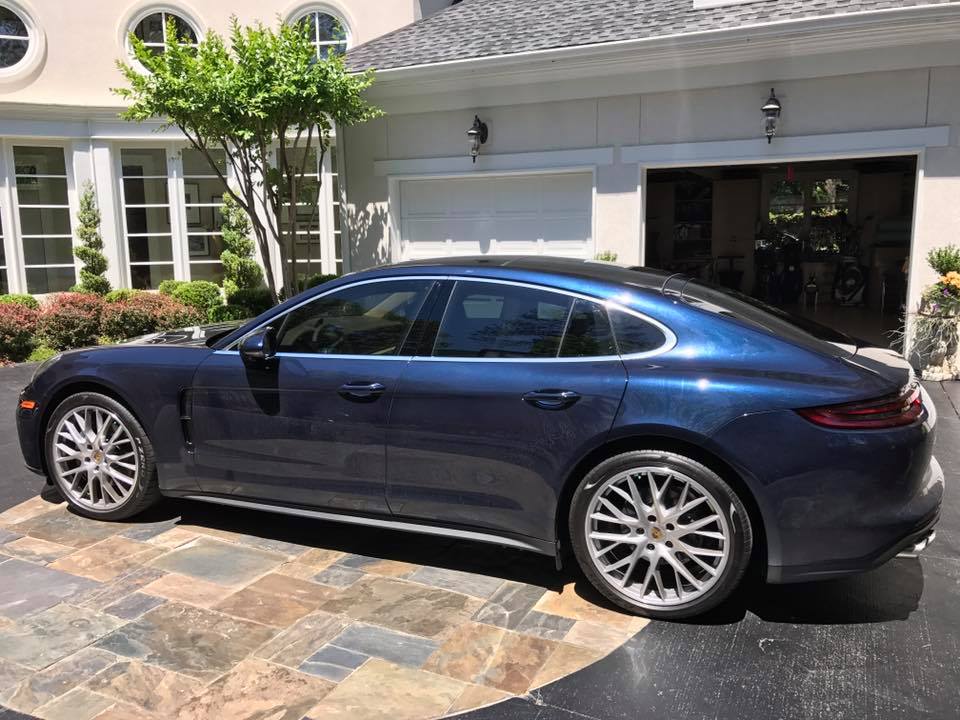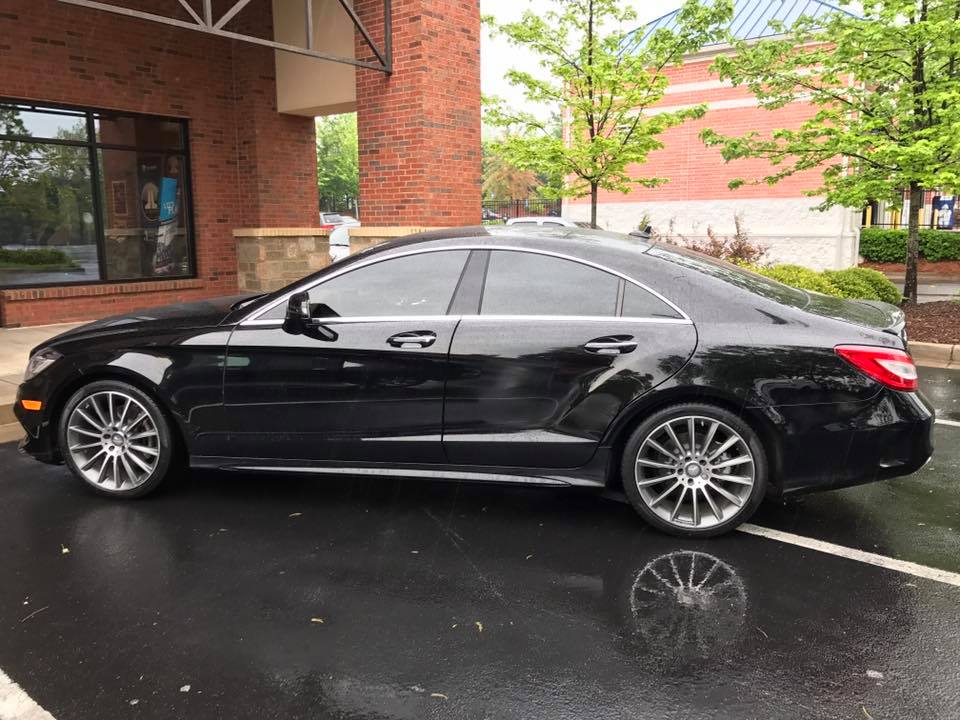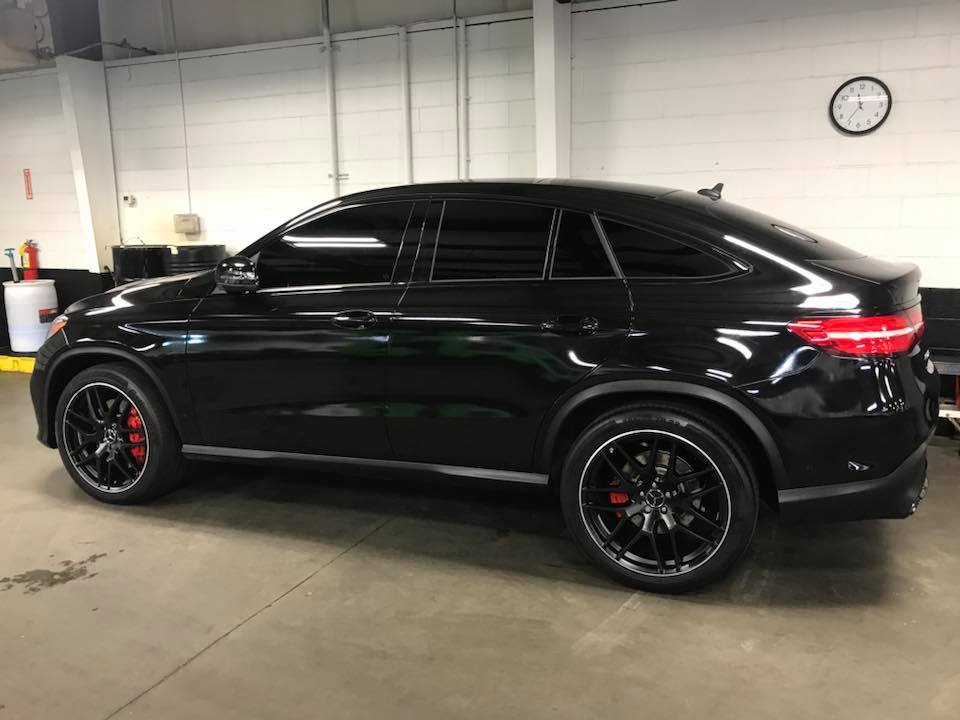Maintaining Your Premium Window Tinting Effectively
Before diving into maintenance tips, it's essential to understand what makes premium window tinting stand out. Quality window tints are made from advanced materials that offer superior performance in terms of durability, UV protection, and heat rejection. These materials include ceramic, carbon, and metalized films that are engineered to withstand harsh environmental conditions. Additionally, premium tints incorporate advanced adhesives that prevent bubbling and peeling, ensuring a smooth finish and long-lasting adherence to the glass.
The Benefits of Premium Window Tinting
UV Protection: Premium tints block up to 99% of harmful UV rays, protecting your skin and the interior of your vehicle or home. This protection is crucial in preventing skin damage and preserving the quality of furniture and upholstery, which can fade over time due to prolonged sun exposure.
Energy Efficiency: By reducing heat gain, quality window tints lower energy consumption, keeping interiors cooler. This efficiency translates to lower energy bills, as air conditioning systems can operate more efficiently without the extra load of combating heat infiltration.
Enhanced Privacy: Tinted windows offer an additional layer of privacy without compromising visibility from the inside. This feature is especially beneficial in urban settings or busy neighborhoods, where maintaining privacy can be challenging.
Aesthetic Appeal: Advanced window tints come in various shades and finishes, adding a sleek look to your windows. Whether you prefer a subtle tint or a bold statement, these tints can enhance the architectural beauty of your property or the sleek design of your vehicle.
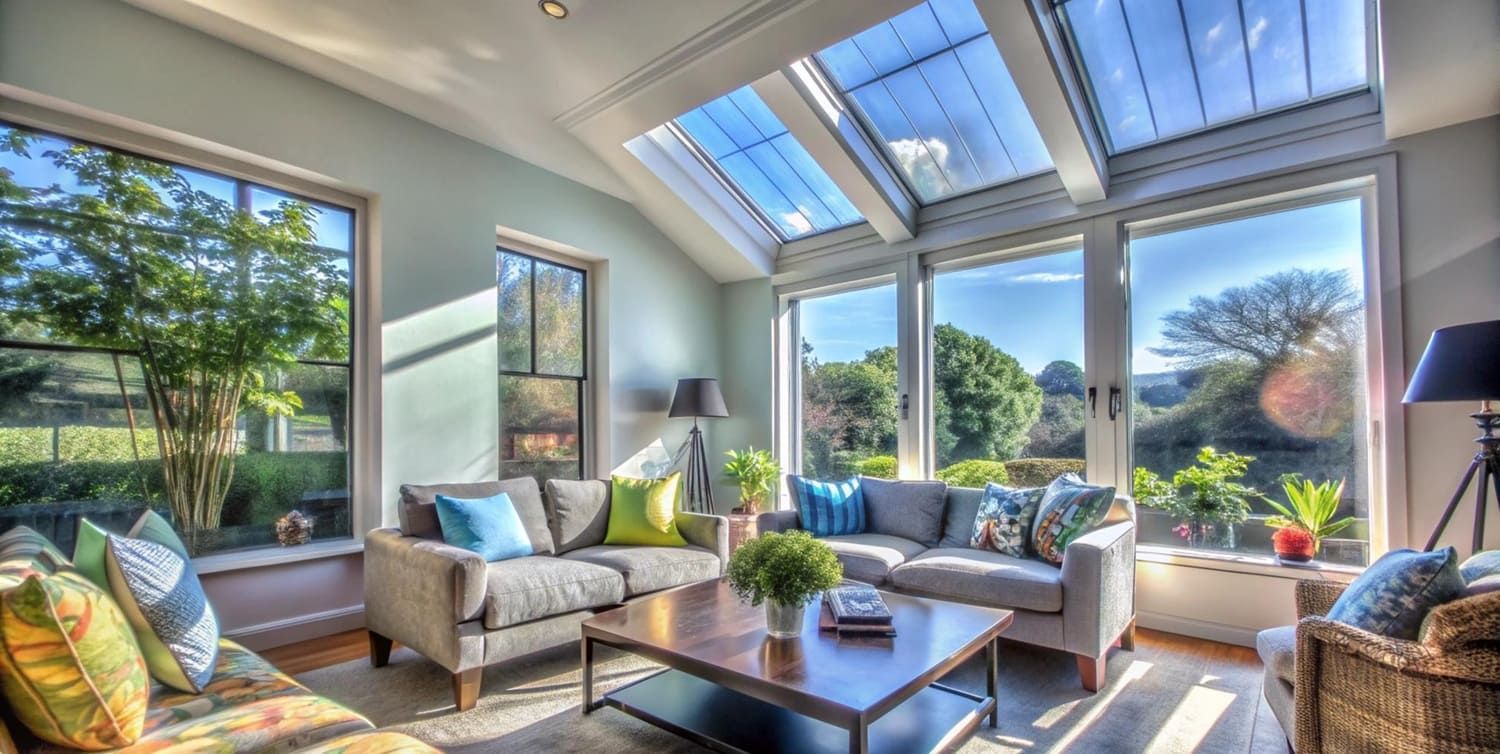
Initial Care for New Window Tints
Once your premium window tint is installed, the initial care during the curing period is crucial. This period typically lasts a few days to a couple of weeks, depending on the climate and type of tint used. During this time, the adhesive is setting, and the tint is bonding securely to the glass surface.
Do's and Don'ts During the Curing Period
Do: Allow the tint to cure undisturbed. Avoid rolling down car windows or cleaning the surface during this time. This precaution prevents the edges of the tint from peeling or misaligning, ensuring a tight seal with the glass.
Don't: Use abrasive cleaners or ammonia-based solutions, as they can damage the tint. Such products can cause discoloration or weaken the adhesive, leading to premature deterioration and aesthetic issues.
Cleaning and Maintenance Tips
Regular cleaning is essential to maintain the clarity and performance of your window tint. Here are some tips to ensure your advanced window tint stays in pristine condition. Routine cleaning not only enhances visibility but also helps in identifying potential problems early.
Choosing the Right Cleaning Materials
- Use Soft Cloths or Sponges: Opt for microfiber cloths or soft sponges to avoid scratching the tint. These materials are gentle on the surface and effective in capturing dust and grime without leaving streaks.
- Select Tint-Safe Cleaners: Choose cleaners specifically designed for window tints. Avoid ammonia-based products which can deteriorate the film over time. Tint-safe solutions maintain the integrity of the tint's surface, ensuring it remains clear and undamaged.
Cleaning Procedure
Spray the Cleaner Lightly: Apply a small amount of tint-safe cleaner onto the window. Over-saturating the surface can cause streaks and may lead to moisture seeping under the tint.
Wipe Gently: Use a circular motion to clean the surface, ensuring not to apply excessive pressure. Gentle cleaning prevents warping or stretching of the film, which could lead to bubbles or wrinkles.
Dry Thoroughly: Use a dry microfiber cloth to remove any remaining moisture. Proper drying prevents water spots and ensures the tint retains its smooth, polished appearance.
Handling Scratches and Damage
Even with careful maintenance, minor scratches or damage may occur. Addressing these issues promptly can prevent further deterioration. Ignoring small issues can lead to larger problems, such as peeling or discoloration, which might require full replacement.
Repairing Minor Scratches
- Glass Polish: For superficial scratches, a glass polish may help reduce their appearance. These polishes can fill in minor imperfections, restoring the tint's smooth surface.
- Professional Repair Kits: Consider using a repair kit specifically designed for window tints. These kits often contain all the necessary tools and instructions to effectively address minor damage without professional intervention.
When to Seek Professional Help
If the damage is extensive or beyond simple repair, it's best to consult a professional. Attempting to fix significant issues on your own may lead to further damage. Professionals have the expertise and tools to assess and repair the damage properly, ensuring the longevity and effectiveness of your tint.
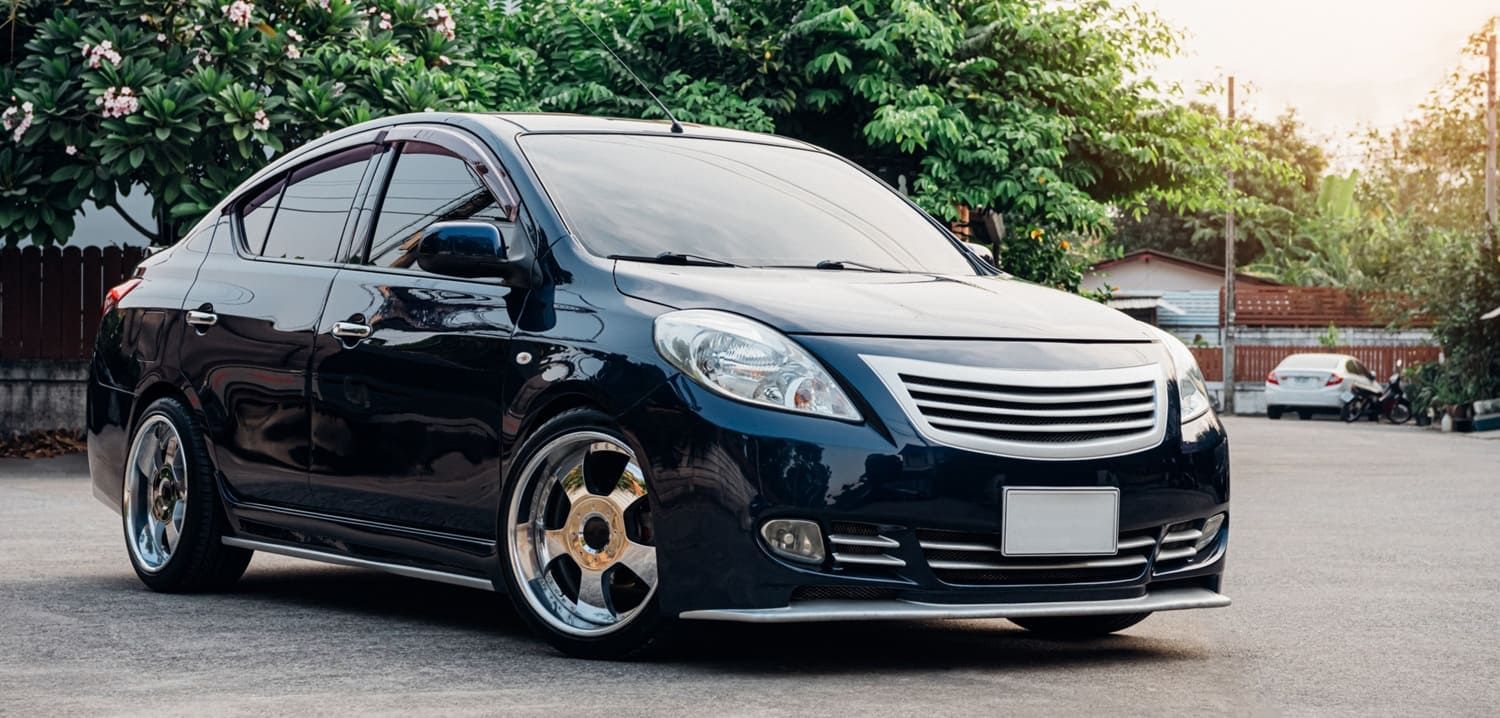
Protecting Your Tint from Environmental Factors
Environmental factors such as sunlight, rain, and debris can impact the lifespan of your window tint. Here's how to protect it effectively from these elements that could prematurely age or damage the tint.
Sun Protection
- Use Sunshades: For vehicles, employing sunshades can reduce direct sunlight exposure. These shades minimize the heat load on your tint, preventing it from overheating and losing its effectiveness.
- Indoor Shades: For homes or offices, consider using curtains or blinds to protect interior tints. This additional barrier can help in maintaining a stable indoor environment, reducing the risk of tint damage from prolonged sunlight exposure.
Regular Inspections
Conduct regular inspections to identify any signs of peeling, bubbling, or discoloration. Early detection allows for timely repairs, ensuring the longevity of your tint. Regular checks enable you to address minor issues before they evolve into significant problems that require costly repairs or replacements.
The Importance of Professional Maintenance
While DIY maintenance is crucial, professional care can enhance the durability and performance of your window tint. Regular check-ups by professionals ensure that the tint is performing optimally and any minor issues are addressed swiftly. Professionals can offer insights and solutions that might not be apparent to the untrained eye.
Scheduling Professional Inspections
- Bi-annual Check-ups: Consider scheduling professional inspections twice a year to catch and fix any potential issues. These routine visits help maintain the tint's quality and prevent minor damages from escalating.
- Warranty Considerations: Regular professional maintenance may be required to maintain the warranty on your premium window tint. Adhering to maintenance guidelines ensures that your investment is protected under the warranty terms.
Conclusion
Maintaining your premium window tinting effectively involves a combination of proper initial care, regular cleaning, and protection against environmental factors. At Metropolitan Tinting in Alpharetta, GA, we help you follow these guidelines to ensure that your quality window tint remains in excellent condition, providing enhanced aesthetics, privacy, and energy efficiency for years to come. Remember, when in doubt, seek professional help from our trusted team to preserve the integrity of your advanced window tint. Taking proactive steps in maintenance with Metropolitan Tinting not only extends the life of your tint but also maximizes the return on your investment, ensuring continued enjoyment and satisfaction.
Contact us today for a free estimate and let Metropolitan Tinting help you maintain and protect your premium window tinting.




